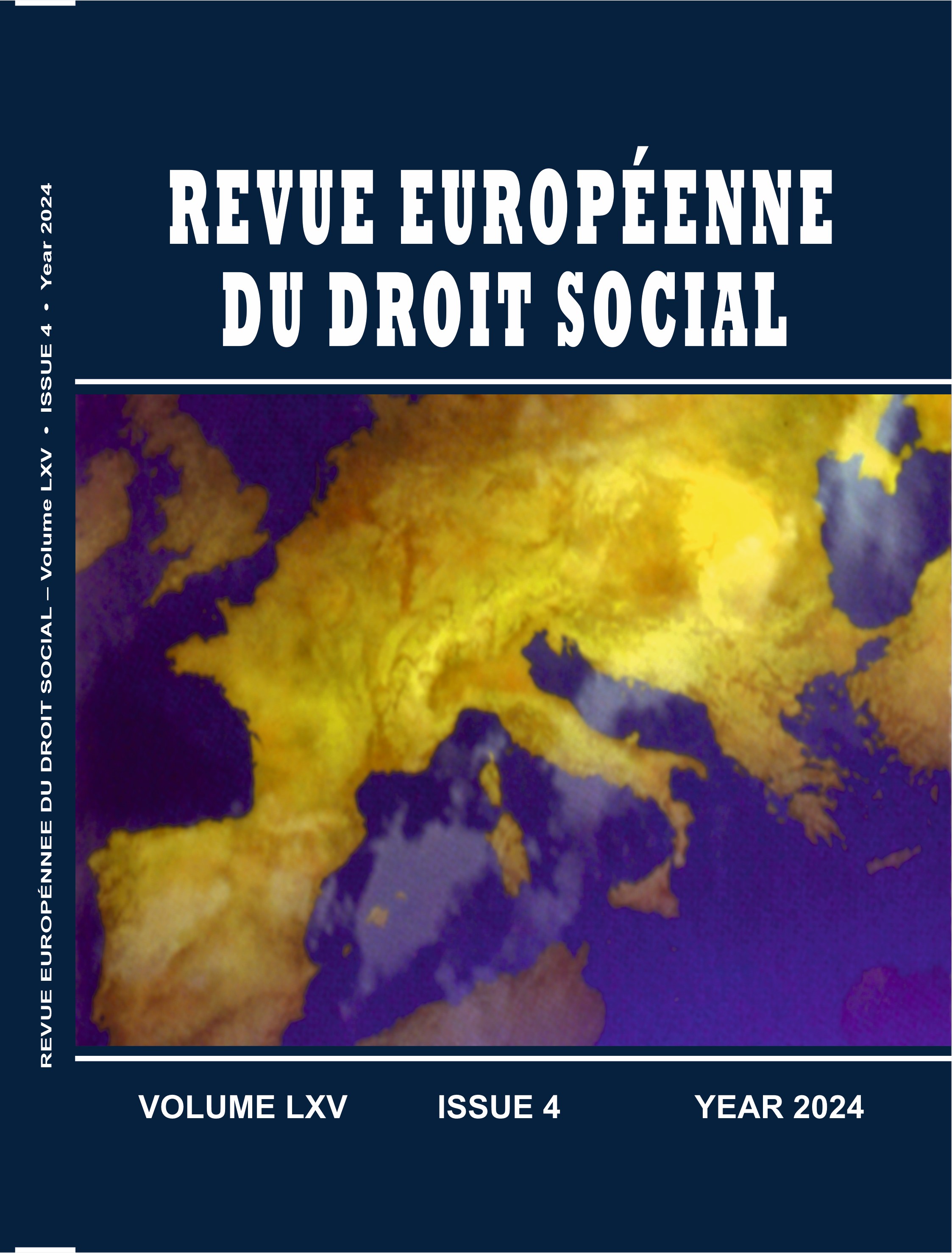HOW ARTIFICIAL INTELLIGENCE (A.I.) CAN INFLUENCE THE INSTITUTIONS OF COLLECTIVE BARGAINING AND THE INITIATION OF COLLECTIVE LABOUR DISPUTES AND STRIKES, AS AMENDED BY LAW NO. 367/2022 (AS AMENDED BY OUG NO. 42/2023)
HOW ARTIFICIAL INTELLIGENCE (A.I.) CAN INFLUENCE THE INSTITUTIONS OF COLLECTIVE BARGAINING AND THE INITIATION OF COLLECTIVE LABOUR DISPUTES AND STRIKES, AS AMENDED BY LAW NO. 367/2022 (AS AMENDED BY OUG NO. 42/2023)
Author(s): Popa- Gavrilovici Gioni, Făghian CătălinSubject(s): Labour and Social Security Law
Published by: Editura Bibliotheca
Keywords: Collective labour agreements; Collective agreements; Collective labour disputes; Strike; Artificial intelligence; Law 367/2022 on social dialogue; SWOT analysis; Employers; Employees; Trade unions;
Summary/Abstract: Collective labour contracts, collective labour disputes and strikes have until now represented three fundamental institutions of collective labour law, with profound repercussions in ensuring or violating social dialogue and social peace. With the introduction of Artificial Intelligence (AI) in almost all areas of social life, including labour relations, new strengths and weaknesses, but also new opportunities and threats arise with regard to the existence, scope and legal and social effects of these three institutions. And with this article we only aim to shed some initial light on these issues
Journal: Revue Européenne du Droit Social
- Issue Year: 65/2024
- Issue No: 4
- Page Range: 52-66
- Page Count: 15
- Language: English

